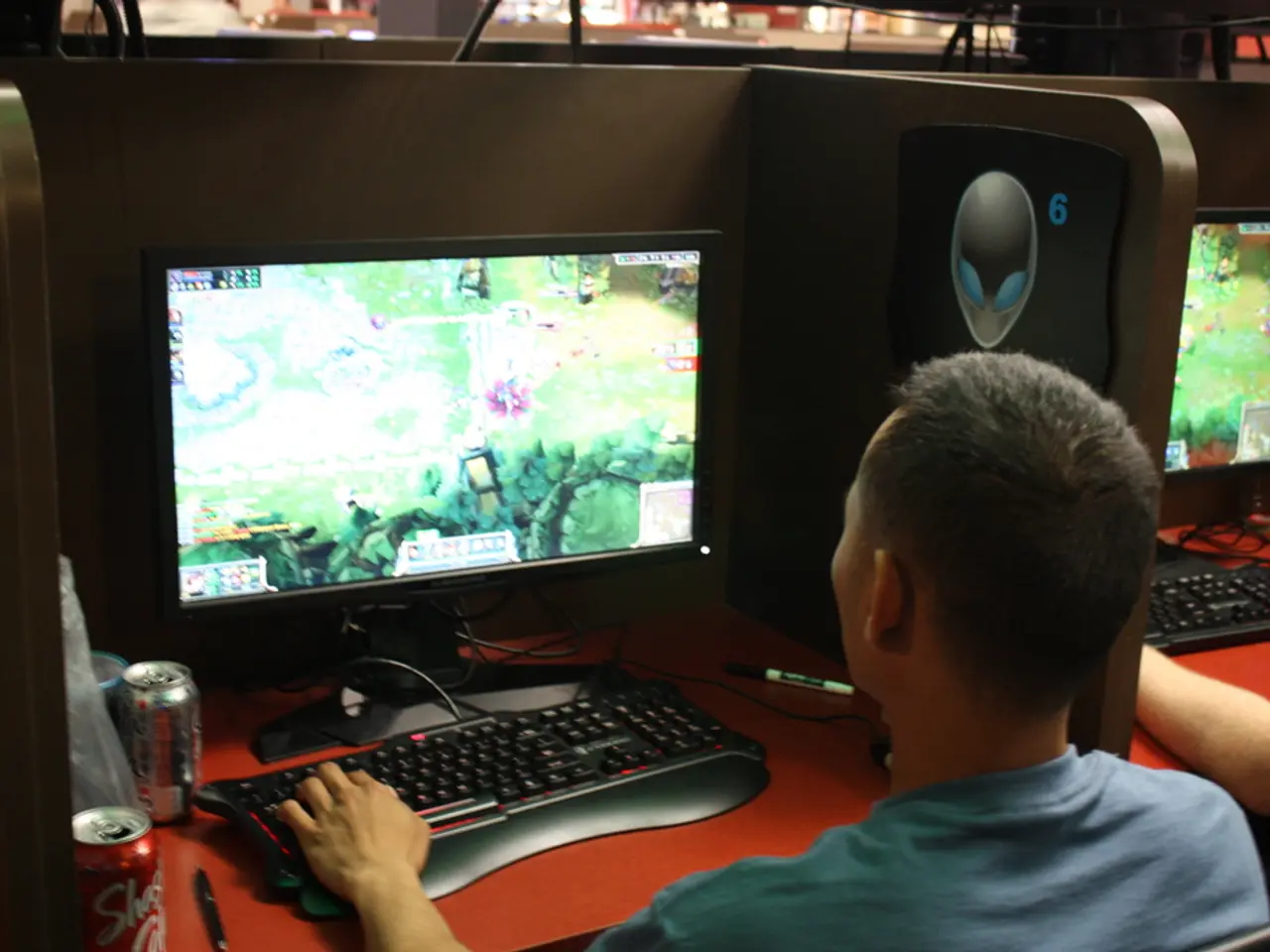Life devoid of gambling: an exploration
The German gaming market is experiencing a surge in growth, as indicated by a recent survey conducted by the Bitkom association. The survey, carried out from mid-May to early June in Germany, revealed that the importance of video and computer games is on the rise, with the market showing a steady revenue increase.
Bernhard Rohleder, CEO of Bitkom, made a statement about the gaming habits of the surveyed gamers. One striking finding is that one in five people has already dreamed of a video game. This suggests a growing fascination with the gaming world among the German population.
The survey did not report any decrease in the importance of computer and video games in Germany. In fact, the proportion of gamers in Germany has increased compared to a long-term perspective (2015: 42%). The current trend shows overall growth, with the German games market increasing by 4% in the first half of 2025 compared to the previous year.
Mobile gaming continues to be particularly strong, with revenues from mobile games reaching €3 billion in 2024—a 63% increase since 2019. However, the number of mobile gamers slightly decreased by 300,000 to 24.3 million. Mobile platforms remain the most popular gaming medium in Germany, driven largely by free-to-play games and in-app purchases.
The market also saw a 17% increase in hardware sales and a 4% rise in revenue from online gaming services in early 2025, even as traditional game sales showed a slight decline. Digital purchases dominate the German market: around 70% of game purchases are digital, with nearly 99% of PC games and 56% of console games bought digitally in 2024. Physical game sales continue to decline, reflecting changing consumer preferences and the increasing prominence of digital distribution.
Interestingly, the survey found a small group of German gamers play excessively. Seven percent of German gamers play more than five hours a day, while 58% play less than two hours a day. Twenty-eight percent of German gamers prefer to play online with others.
A significant finding from the survey is that 45% of German gamers cannot imagine life without video and computer games. However, this proportion decreased from 45% in 2023 to 39% in a previous year, as reported by Bitkom. Despite this decrease, the importance of computer and video games is growing year by year, according to Bitkom.
The number of gamers remains stable at 52% of the 1,200 respondents, who said they play video or computer games at least occasionally, which is consistent with previous years. The survey did not find any significant changes in the proportion of gamers in Germany compared to previous years.
In conclusion, since around 2019, the German gaming market has trended toward greater digital engagement and mobile gaming popularity, with steady revenue growth and hardware sales rebounding after recent declines. The shift from physical to digital game purchases and the rise of mobile gaming platforms are key factors shaping usage patterns over these years.
Technology plays a crucial role in the growth of Germany's gaming market, with digital purchases dominating the scene, accounting for around 70% of game purchases. The mobile gaming sector, in particular, has seen a 63% increase in revenues since 2019.
Entertainment, in the form of video and computer games, is increasingly integrated into people's lives, with 45% of German gamers stating they cannot imagine life without these forms of entertainment. This growing fascination is reflected in the market's consistent revenue increase and stable proportion of gamers.




